Chairman Hughes and members of the Committee:
Thank you for the opportunity to participate in today’s hearing. My name is Jim Grace, I am here today on behalf of the National Rental Home Council, the nonprofit trade association representing the single-family rental home industry. Our members include owners, operators, and builders of single-family rental homes and single-family rental home communities, as well as the many manufacturers, vendors, and business partners that serve and service the single-family rental home industry. The NRHC membership is comprised of large, national providers of single-family rental homes as well as small local businesses, individual owners, and everyone in-between.
Not surprisingly, the state of Texas is a large, diverse, and vibrant market for single-family rental homes. Of the more than 11 million housing units in the state, nearly 1.7 million, or just over 15%, are classified as single-family rental homes. As the supply of new housing has struggled to keep pace with demand over the past decade – an imbalance particularly acute in states like Texas marked by high rates of population growth and in-migration – single-family rental housing has come to play an increasingly important role for families in search of quality, well-located housing. And with the surge in interest rates over the last year pushing the cost of housing to record highs, single-family rental homes provide residents – to include millennials, military families, and seniors – with an affordably-priced housing option that, on average, is over $1,000 less per month than the cost of homeownership.
Clearly, in today’s supply-constrained housing market, additional development and investment in housing is essential. However, it is just as important to make sure the current stock of housing remains accessible and available, whether ‘for sale’ or ‘for rent,’ which brings us to the topic of today’s hearing. One of the most urgent concerns regarding housing availability, is trespassing, often referred to as “squatting.” Regardless of the term, the end result is the same – the illegal occupation of one’s property.
NRHC, as an organization, became involved with the issue of illegal occupation in earnest in the summer and fall of 2023 when a marked increase in the number of incoming complaints from members about incidents of trespassing led us to take action. Through an informal survey of members we received data on markets where incidents of trespassing occurred most often. Priority markets included Atlanta where data showed 1,200 homes were occupied as a result of trespassing; Dallas/Fort Worth with 475; and Orange County, FL with 125.
It’s important to state, illegal occupation for NRHC is not a political issue and it’s not an issue of housing fairness or equity. Rather, illegal occupation is about criminal activity. It’s about someone who has entered a home and is occupying that home without a legal right to do so. For the property’s legitimate owner, the issue is about property rights, but it is about so much more. There are serious public safety issues at play here – Who is in the home? What is happening in the property? What is the risk to others in the neighborhood? Also, there’s a real concern here about the availability of affordably-priced housing. Every incident of illegal occupation means there’s one less home available for a family in need of quality, single-family rental housing.
Unfortunately, many states and jurisdictions across the country had, or have, no accommodating legal framework to allow law enforcement and the courts system to respond adequately to incidents of illegal occupation. Often property owners are left on their own to try to remove illegal occupants from their homes. Law enforcement often must decide whether an incident of illegal occupation is a civil or criminal matter, or who has proper legal documentation to support their claim of occupation or ownership. Courts are often not able to schedule hearings in a timely fashion to remedy incidents of illegal occupation. All of this leads to inaction, frustration, and in many cases, financial hardship for legitimate property owners.
Several states have recently passed legislation to address incidents of illegal occupation. Over the past several weeks we have seen Governors in Georgia, Florida, and Alabama sign bills providing property owners with an assured legal pathway for reclaiming their homes from trespassers. Legislation in these states have several common provisions:
- They codify the act of trespassing into law
- They provide a time-certain process requiring owners and occupants to disclose legal documentation attesting to their claims
- They include preventative measures to ensure owners and occupants are truthful in disclosing that documentation
- They provide the courts and law enforcement with more efficient means to respond to claims of illegal occupation
And it’s important to note, legislation in all three states passed with overwhelming – in some cases, unanimous – bipartisan support.
In closing, illegal occupation makes it harder for single-family rental home providers to deliver the kinds of experiences residents have come to expect and deserve. NRHC supports the efforts of this Committee to put an end to the trespassing and illegal occupation that is threatening neighborhoods and putting homes at risk. Thank you again for the opportunity to participate in today’s hearing. I look forward to your questions.
